Saudi Arabia is looking to enhance its strategic and economic clout globally. Riyadh has been showing interest in China-dominated organizations SCO and BRICS. Saudi has already joined SCO as a dialogue partner and has applied for membership in BRICS. However, its relationship with US is still economically and strategically important. US has a strong military presence in Saudi Arabia and other GCC countries. Further, Saudi Arabia’s economic and strategic interests on key issues could diverge from both Beijing and Moscow.
Saudi Arabia and other Organization of the Petroleum Exporting Countries+ (OPEC+) announced oil output cuts in April 2023. The oil output cuts were estimated at 1.16 million barrels per day (bpd). Earlier OPEC+ had announced oil cuts to the tune of 2 million bpd in October 2022.
It has been argued that the decision of OPEC+ with regard to oil output cuts was taken with the objective of keeping global oil prices high so that Russia could fund the war in Ukraine, while Saudi Arabia could fund some of the big infrastructural projects linked to Saudi Crown Prince Mohammed Bin Salman (MBS)’ Vision 2030.
This decision was also pointed to as one of the growing differences between the US and Saudi Arabia over important global matters. In recent years, Saudi-China ties have strengthened significantly in the economic sphere. In March 2023, Saudi Arabia’s state-owned oil giant Aramco announced that it would make massive investments in China’s downstream petrochemical industry. But the bilateral relationship is no longer restricted to oil. In 2021, bilateral trade between China and Saudi Arabia was over $87 billion. During Xi Jinping’s visit to Saudi Arabia in December 2022, both sides agreed to give a fillip to their strategic partnership (which was established in 2016). China and Saudi Arabia agreed to strengthen ties in areas including infrastructure and technology. An agreement was also signed between Saudi Arabia and Chinese tech giant Huawei, during Xi’s visit to Saudi Arabia for setting up high-tech complexes across Saudi Arabia. Both sides also sought to enhance linkages between China’s Belt and Road Initiative (BRI) and Saudi Arabia’s Vision 2030.
While one of the key factors cited for Saudi Arabia’s growing proximity with China has been strains between US President Joe Biden and Saudi Crown Prince MBS. The US President did try to make amends by including Saudi Arabia during his Middle East visit last year though Saudi Arabia did not agree to the US demand of raising oil production. The other reason for the upswing in ties not just between Saudi Arabia and China, but other GCC countries like UAE as well, is the perception that US’ global clout is waning.
Also Read: Changing Paradigm of BRICS: Growing Global Clout or Just an ‘Anti-West’ Platform?
Apart from the strengthening of bilateral relations between Beijing and Riyadh, the latter has been showing interest in China-dominated organizations – Shanghai Cooperation Organization (SCO) and Brazil, Russia, India, China and South Africa (BRICS). Saudi has already joined SCO as a dialogue partner and has applied for membership of BRICS. Riyadh is also in talks with regard to joining the New Development Bank (NDB) set up by members of BRICS. This would help NDB in tapping more economic resources and also contribute towards achieving the goal of emerging as an alternative to Western institutions.
The strategically important Saudi Arabia-Iran agreement signed in March 2023, was also brokered by China. Like many other countries, Saudi Arabia has also expressed in de-dollarization or reduction of dependence upon the US dollar. By joining BRICS, Saudi Arabia could also play an important role in de-dollarization.
While there may be increasing common ground between Riyadh with China and Russia, it is important to bear in mind that Saudi Arabia’s economic and strategic interests on key issues could diverge from both Beijing and Moscow. Its relationship with the US is still economically and strategically important.
Saudi Arabia’s foreign policy
While Saudi Arabia may be seeking to follow an independent policy, where it does not toe the US line on key economic and geopolitical issues, it is important to bear in mind that the relationship with the US is still economically and strategically important (US has a strong military presence in Saudi Arabia and other GCC countries). Apart from this, while there may be increasing common ground between Riyadh with China and Russia, it is important to bear in mind that Saudi Arabia’s economic and strategic interests on key issues could diverge from both Beijing and Moscow.
A clear example of this is the differences which have emerged between Riyadh and Moscow since Russia has been pumping large amounts of crude into the market. This has kept oil prices down. While the pumping of oil has benefited Russia’s economy, it has resulted in surpluses which have resulted in oil prices being well below levels where Saudi Arabia would like them. If oil prices do not remain above $80 a barrel, Saudi Arabia will be unable to fund important projects such as a city, known as “Red Line” (crude oil prices have fallen well below this level)
Saudi Arabia is looking to enhance its strategic and economic clout globally. It can not, however, ignore its domestic economic objectives over the next few years. The differences between Saudi Arabia and Russia over the latter pumping massive amounts of crude oil into the market highlight the pitfalls of viewing foreign policy from the simplistic binary of camp politics.
Disclaimer: The views expressed in this article are of the author solely. TheRise.co.in neither endorses nor is responsible for them. Reproducing this content without permission is prohibited.
About the author
Tridivesh Singh Maini is a New Delhi-based Policy Analyst. He is faculty member of OP Jindal Global University, Sonepat, Haryana.

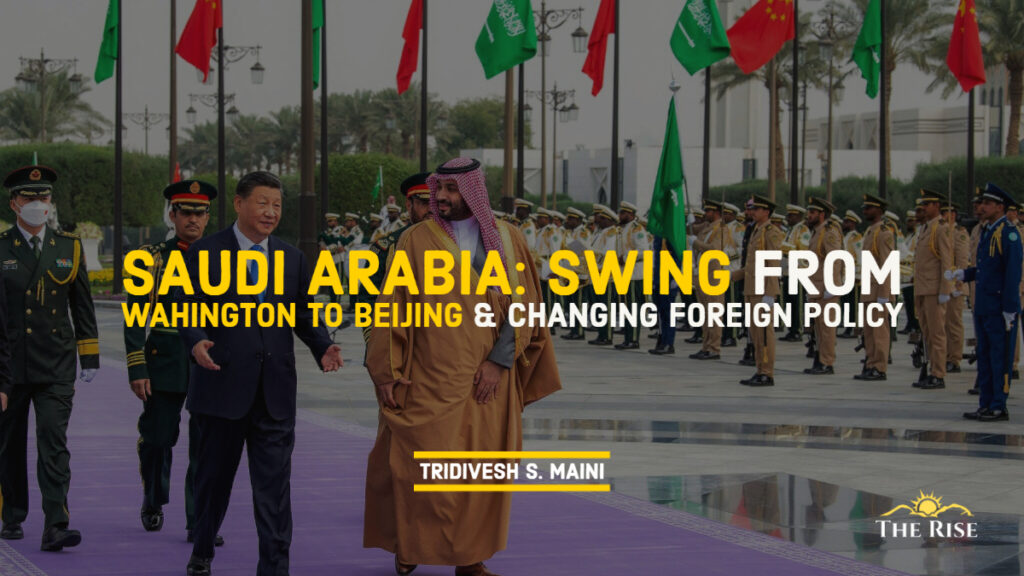


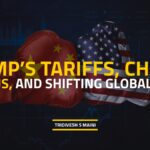





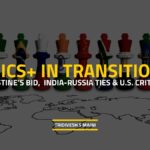

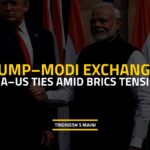
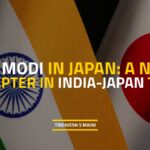

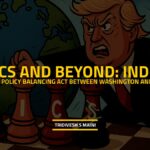


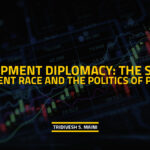


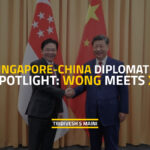


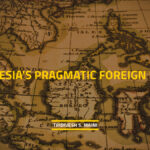

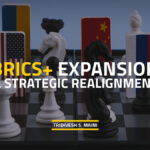




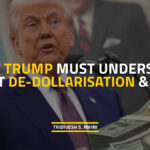
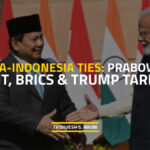

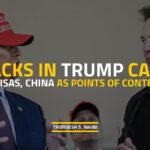

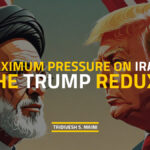

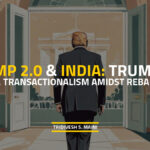
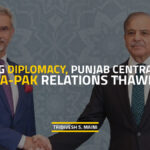





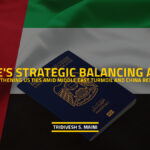
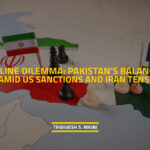
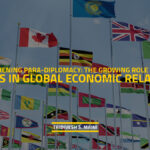
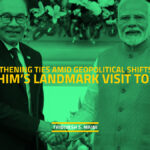
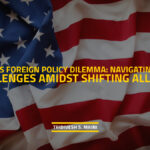
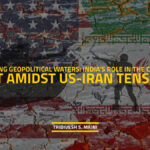
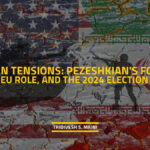
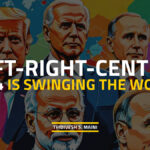


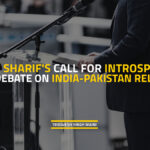



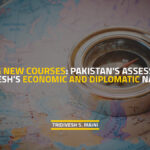

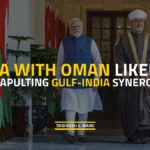
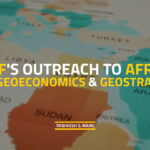

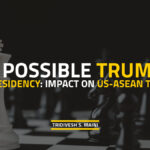

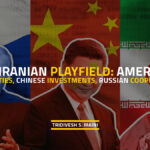
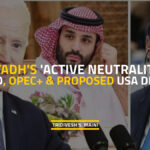
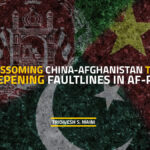

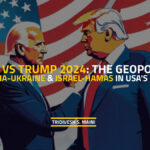
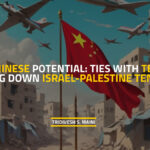




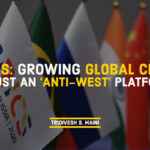
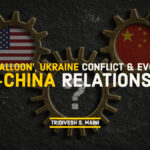
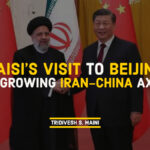






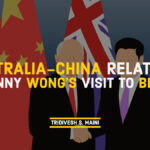
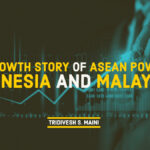

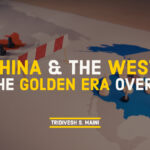
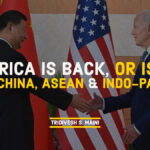
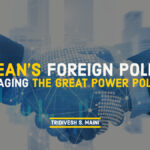
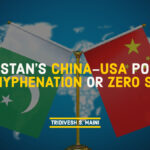
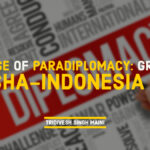
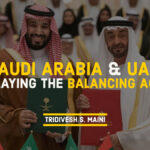
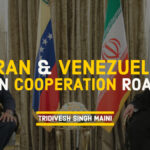

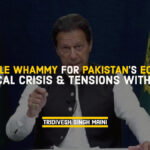
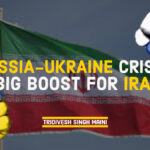
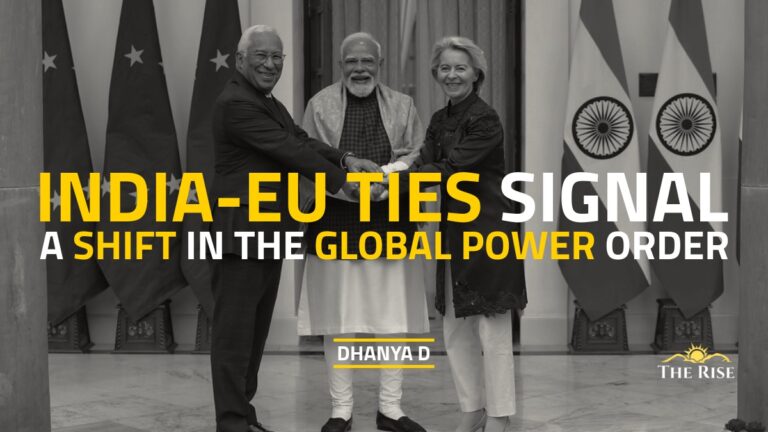
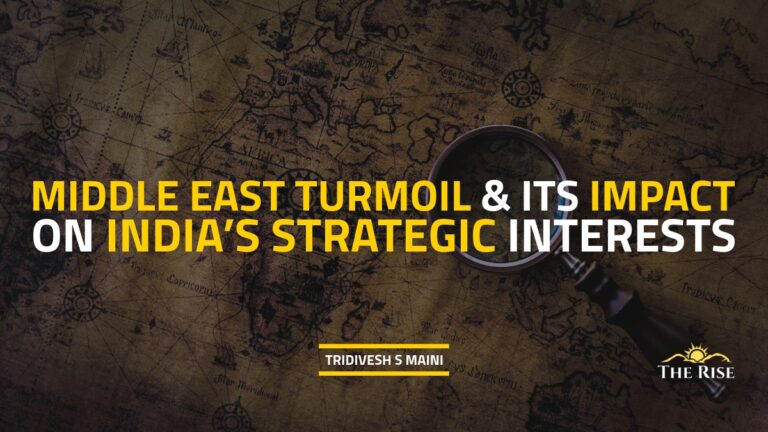
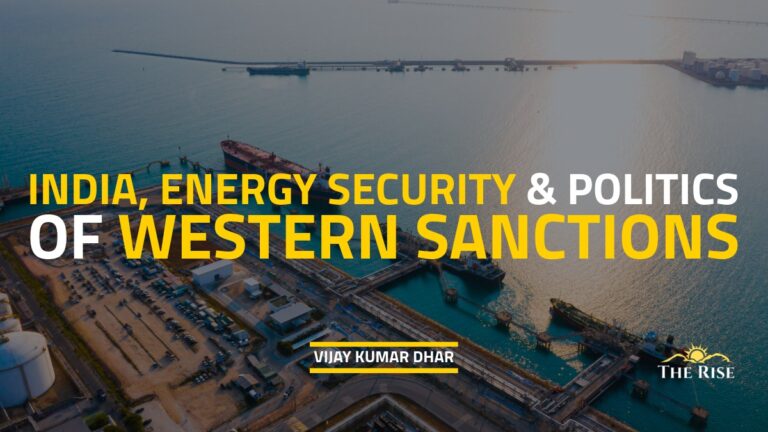

Pingback: Pakistan , IMF Deal, and Reforms - TheRise.co.in
Pingback: Riyadh's Active Neutrality: SCO, OPEC+, proposed deal with USA